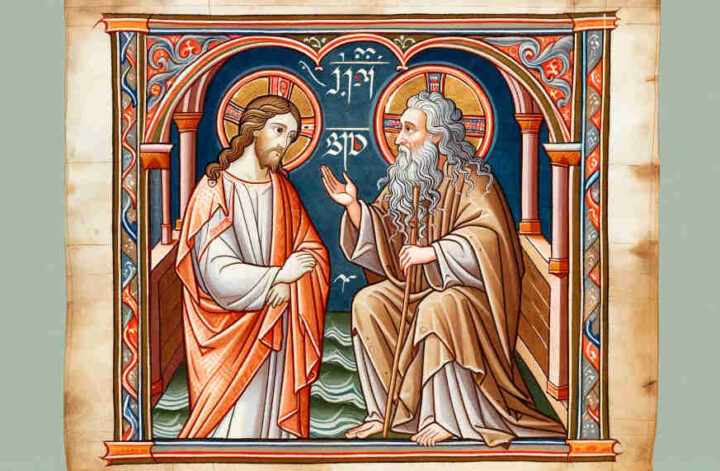Email from a reader: “Dear Rabbi Joshua, I am intrigued by the differences between the Ten Commandments and the Noahide Laws. Could you please elucidate how these two sets of laws differ from each other? Thank you, David”
Dear David,
Your question brings to light an important aspect of understanding the varied dimensions of divine commandments in Judaism. Let us explore the differences between the Ten Commandments and the Noahide Laws.
The Ten Commandments:
The Ten Commandments, given to Moses at Mount Sinai, form a fundamental part of the Mosaic Law – the covenant between God and the Israelites. These commandments include directives that address both the relationship between humans and God (such as the prohibition of idolatry and the commandment to keep the Sabbath) and ethical guidelines for human relationships (like prohibitions against murder, theft, and adultery).
The Ten Commandments are specifically directed towards the Jewish people and form the cornerstone of Jewish ethical, moral, and religious practice. They are viewed as a part of the larger body of 613 commandments given to the Israelites in the Torah.
The Noahide Laws:
The Noahide Laws, on the other hand, are seen as a universal moral code given to all humanity. These seven laws include prohibitions against idolatry, blasphemy, murder, theft, sexual immorality, and eating flesh torn from a living animal, as well as the commandment to establish courts of justice.
Unlike the Ten Commandments, which are part of a specific covenant with the Jewish people, the Noahide Laws are considered binding on all people, regardless of their ethnic or religious background. They are seen as fundamental to maintaining a just and moral society and are derived from the covenant God made with Noah after the flood, as narrated in the book of Genesis.
Comparative Analysis:
While there are overlaps in the ethical teachings of both sets of laws – such as prohibitions against murder and theft – the Ten Commandments include commands that are specifically religious in nature and particular to Jewish observance, such as keeping the Sabbath and not making graven images.
The Noahide Laws, being more universal, do not include commandments specific to Jewish ritual practice and are more focused on basic ethical behavior and the establishment of a just legal system.
In essence, the Ten Commandments and the Noahide Laws represent two layers of divine instruction: one specific to the Jewish people and another for humanity as a whole. Both sets of laws guide their respective adherents towards a life of righteousness and ethical integrity.
David, I hope this clarifies the distinct but complementary nature of the Ten Commandments and the Noahide Laws. Both contribute profoundly to the moral and spiritual fabric of our world.
Warm regards,
Rabbi Joshua


